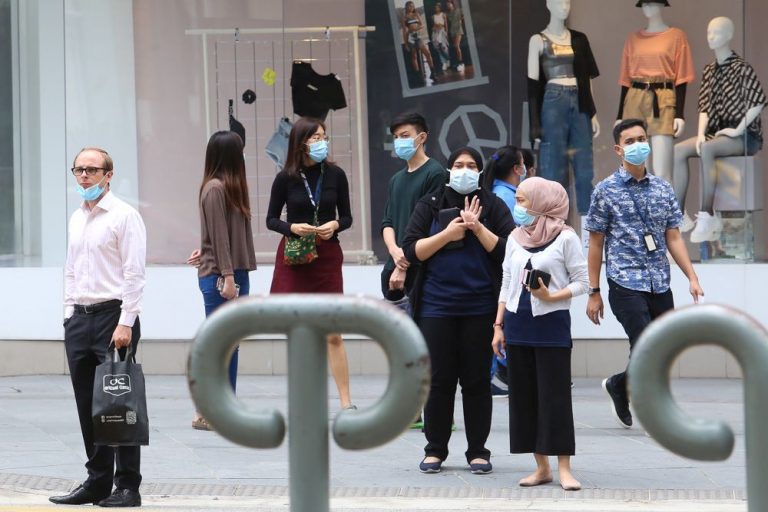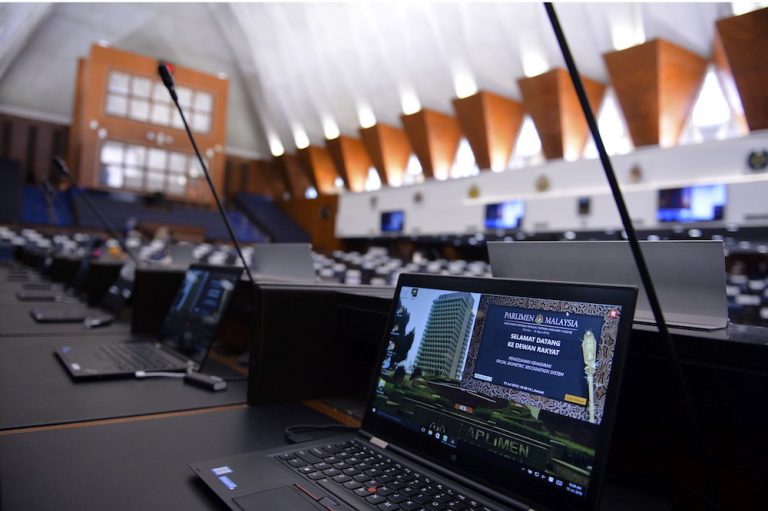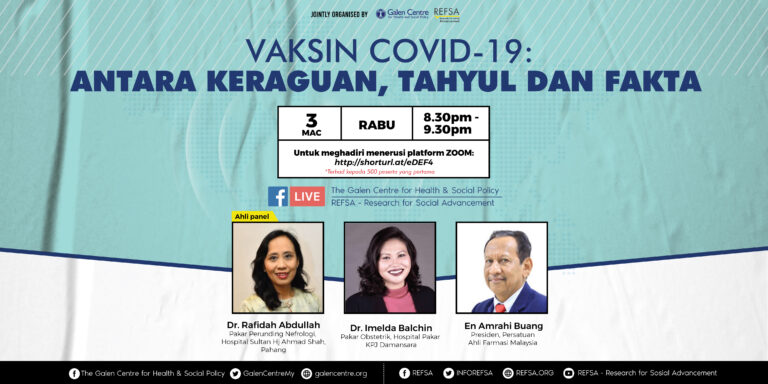REFSA Fact Sheet #1/2021: Mission Oriented Strategies
In various reports and briefs, REFSA has been advocating for the nation to adopt a mission-oriented approach to tackle the challenges of our current times, be it the current economic crisis, climate change or the recent COVID pandemic. Created as a short introduction to this concept, here is the first of our Fact Sheet series that seeks to explain what exactly are mission-oriented strategies, why we need them and how they can be managed to achieve the most effective outcomes.








